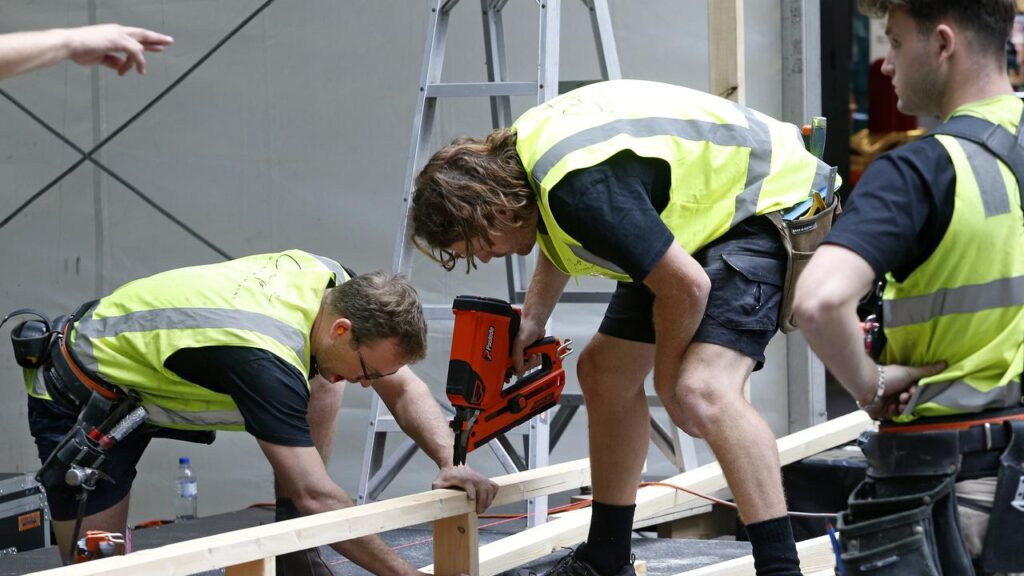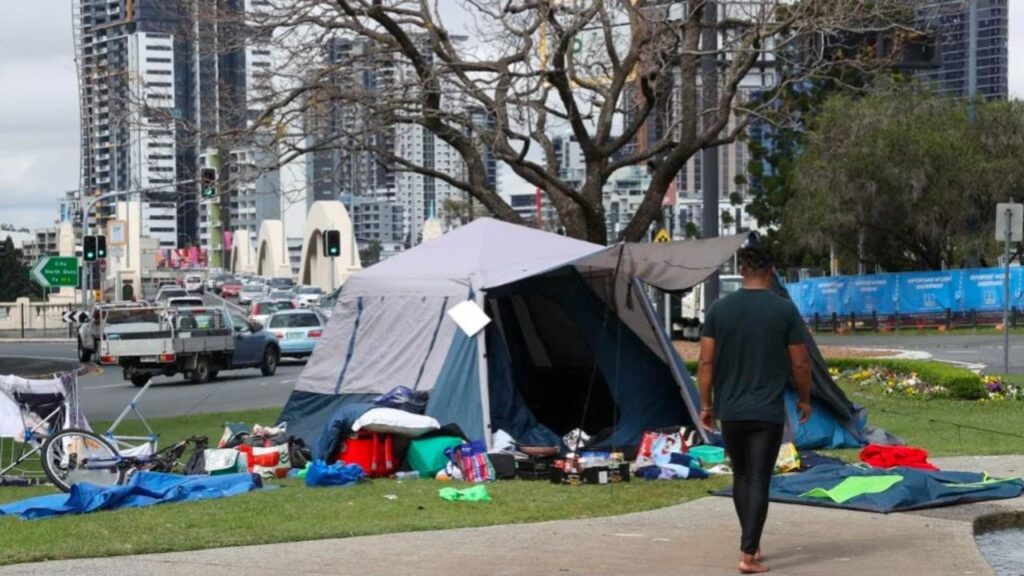‘Most dangerous place’: Reality of DV crisis
Written by admin on August 21, 2024
The federal government has been reminded there are “no quick fixes” when it comes to ending domestic violence as it prepares for its inaugural report card into the 10-year National Plan to End Violence against Women and Children.
Ahead of the report, Assistant Minister for the Prevention of Family Violence Justine Elliot, who previously worked as a police officer, delivered a statement to the House, reaffirming the government’s commitment to ending gender-based violence.
“For some women … once they get home and lock the door, they still aren’t safe. For too many women, home is the most dangerous place,” she said in a speech attended by Prime Minister Anthony Albanese.
“You see … the life of a woman is different.
“We’ve had to see, think and act differently throughout our entire lives – out of fear of violence. Fear of violence should not be a normal nor accepted part of womanhood.”
Referencing Ms Cronin’s report, Ms Elliot said while the government had made progress since the national plan was launched in 2022, there was more to do.
She also thanked the “tireless and enduring commitment” from frontline community workers and victim-survivors for contributing to the progress report, which will be tabled by Domestic, Family and Sexual Violence Commissioner Micaela Cronin on Wednesday.
In her reply speech, the opposition spokeswoman for women Sussan Ley committed to “working collaboratively” with the government to “combat the scourge of domestic violence in Australia”.
“Thirty-five women have already been killed this year from family and domestic violence, with another 17 women killed by male perpetrators. At least 55 children had been left without their mother,” she said.
Calling on the parliament to “confront this issue with the fierce urgency we would if it was happening right here in this chamber”, she said the existing data revealed Australia was not on track, with reports of family and domestic violence incidents increasing by 16 per cent.
“We are seeing progress, but we are also seeing a regression,” she said, listing the impact of social media influencers who “pedal” misogyny and gender stereotypes.
“We risk a regression as social media companies profit off algorithms that are conditioning our kids with toxic views.
“We risk a regression as violent pornography and concerning practices like choking are normalised and damaging the brains of our next generation.”
Ms Cronin is set to address the National Press Club ahead of report being tabled to parliament.
The report will highlight the need to help resource-strapped and overwhelmed services and systems, plus call for the government to ensure men are engaged in every aspect of ending violence, including efforts to redefine masculinity.
This includes more trauma-informed intervention options for men who either use violence or are at risk of using violence.
It will also call for national leadership into boosting the capability of the many sectors that tackle addressing domestic, family and sexual violence while highlighting the need to prioritise specialist services.







